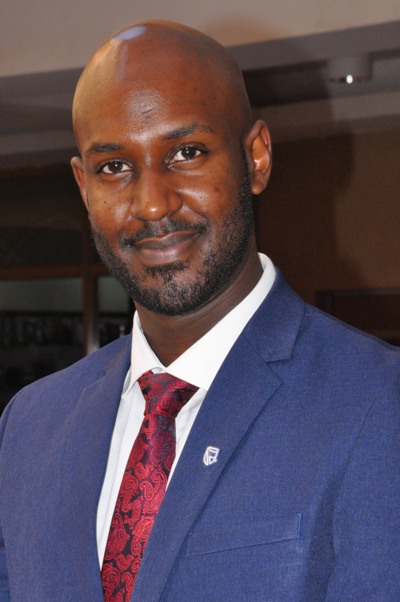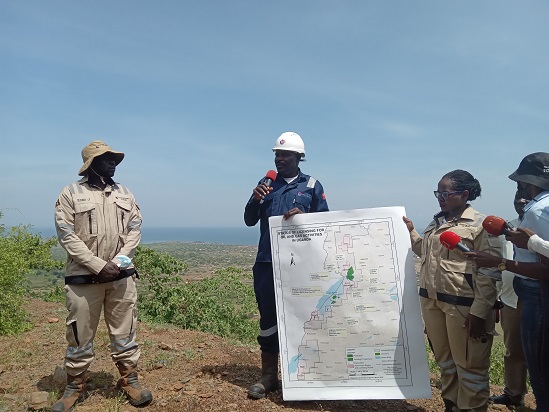By Michael Muhangi
Uganda discovered commercial volumes of oil in the Albertine and Nile basin more than 10 years ago. At that time the exploration phase, which took 8 years, attracted an expenditure of $3 billion (Shs11 trillion) causing a lot of excitement across the divide with multinationals and big oil companies showing interest and setting shop in the country.
As we move into the development phase, an estimated $20 billion is expected to be spent in the country in developing the oil wells, and infrastructure for first Oil.
So far, an agreement for the cross border pipeline through Tanzania has been signed by the two countries and the refinery agreement signed by the Albertine Graben Refinery Consortium (AGRC) and Total E&P respectively. In addition, Front End Engineering studies for the pipeline were completed last December followed by optimization studies conducted by Total.

However, one element that is critical to moving the project forward is achieving the Final Investment Decision (FID). FID is essentially the point at which all aspects of a project are in place in order to grant the green light. It’s when the project execution phase begins and the large investments start for project construction. To reach FID, a project must have a wide range of contracts and permits in place which inform its investment structure and terms with the financial providers (both debt and equity).
In Uganda’s case, FID that was expected to be announced this year may have to wait till next year as various aspects are underway. Among theses; Government has to negotiate and approve various technical, financial, commercial and legal proposals/agreements that will pave the way for the Final Investment Decision (FID). Not to mention other dependencies like the support infrastructure such as the roads and bridges, and the airport, that have to be developed in order to facilitate the main project.
As we await FID, it therefore means local content players in the sector need to manage their expectations when it comes to investment. For example, it would make no sense for a catering company to buy equipment without knowing when it will be needed and how much capacity will be required. To make matters worse, some local players who began investing in equipment as early as 2012 have been stuck with the said equipment, now deteriorating. Others have not been able to pay off loans seeing as they have not made any money all these years waiting for FID.
In light of this, it is important for private sector to utilize this time and get the relevant qualifications and standards required to participate in the sector. This will enable us to make our dream of ‘first oil’ a reality.
The Government of Uganda (GOU) has set very clear targets for national content in the Oil and Gas sector, right from skills and technology transfer to locally procured goods and services. Government has even gone a step further and published a list of goods and services that have been ring fenced for Ugandan entities. However, the industry has very high standards and we do not expect Ugandan companies and labor to close the gap very fast. It therefore makes practical sense to partner with international companies that have a long history and prior experience in the sector.
This means for now, local companies should focus on being competitive in tendering processes. They also need to position themselves to benefit tremendously from skills and technology transfers.
It is in light of this that Stanbic bank has established a Business Incubator with the aim of equipping SME’s with skills and knowledge on how to operate in Uganda’s changing economic landscape. The curriculum includes business analysis and planning, legal contracting, procurement and negotiation, joint venturing, business ethics, business networking and opportunities, presentation skills and quality management. We believe that our graduates will be in a much better position to establish successful partnerships and alliances to deliver their business objectives.
It is important to note that huge oil projects like this usually have long timelines due to the various complexities both technically and contractually. Therefore, given this contextit is very hard to say when we shall achieve the set first Oil target.
The author is Oil and Gas Sector Head, Business Banking at Stanbic Bank Uganda





